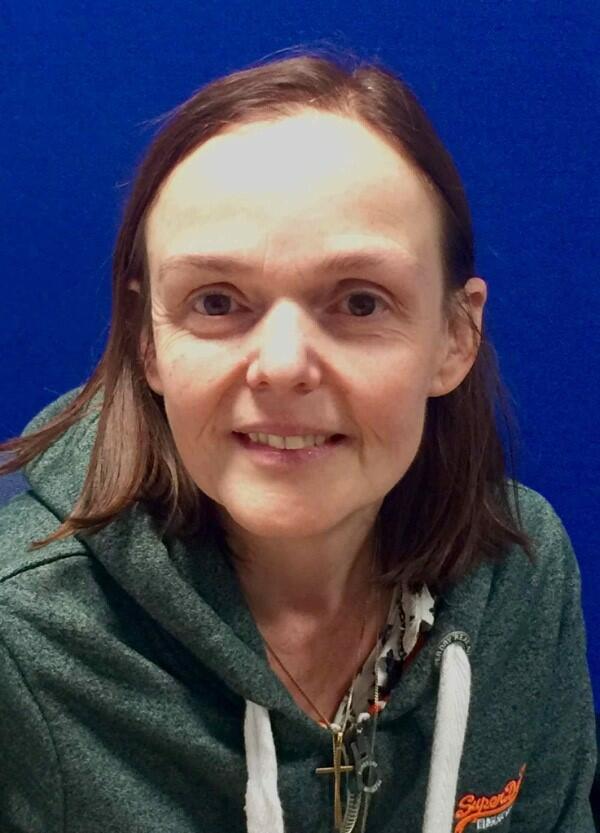
A seminar by Professor Kathryn Else, University of Manchester
Over one billion people are chronically infected with soil transmitted helminths today. Helminth infections are extraordinarily common in resource-limited countries and slum areas of the developed world. No vaccine exists which would prevent infection with these sorts of parasites.
As part of vaccine development it is important to understand how the immune system should act to clear infection, and what the key factors are in the development of protective immunity. We have known for many years that the type of immune response mounted is critical; we also know that both level of infection and host genetics influence whether the “right” sort of immune response is made.
The talk will consider previously unconsidered factors which underpin the development of chronic infection with the gut-dwelling nematode parasite Trichuris muris. Her data reveal a remarkable effect of time-of-day infection on outcome of infection, thus revealing an important impact of internal biological clocks on the development of protective immune responses. Dr Else will also describe some of her recent data suggesting IL-10-producing B cells contribute to chronic infection.
Dr Else did her PhD at the University of Nottingham studying immunity to the gastrointestinal nematode parasite Trichuris muris; she has focussed her research on this parasite ever since. Moving to Manchester in 1989 she held a Wellcome Trust Senior Research Fellowship for many years before being promoted to Chair in 2009.
Her current research focuses on the mechanisms by which protective immunity is mediated and how antigen-driven inflammatory damage caused by infection is resolved. These interests embrace studies on macrophage biology, the immunology of wild mice and vaccine-development.
This seminar will be live-streamed via: http://bit.ly/LSTM-Sem-CE
A recording will be made available on the LSTM seminar pages the following day